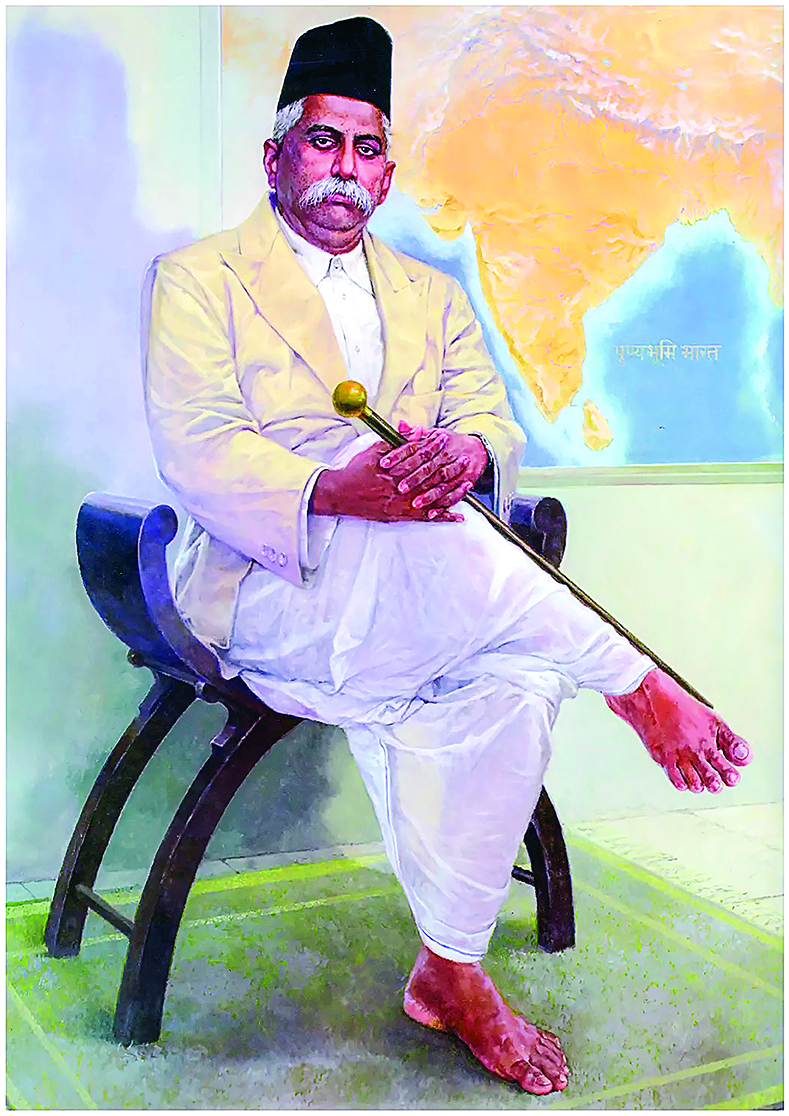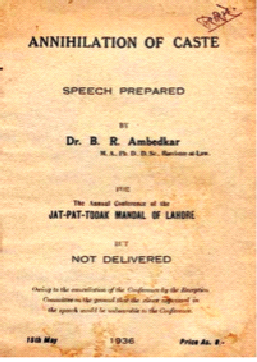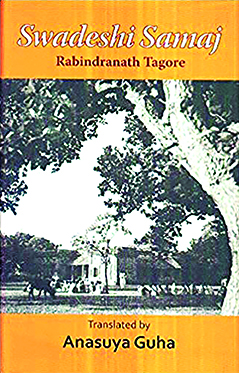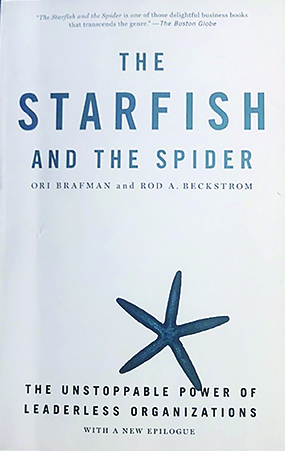
RSS founder Dr Keshav Baliram Hedgewar
The Rashtriya Swayamsevak Sangh founded by Dr Hedgewar is nothing but the execution of the vision for revitalising spirituality and society before political change exhibited in the writings of Swami Vivekananda, Rabindranath Tagore & Dr BR Ambedkar. This has been the soul of Bharatiya nationalism. Hence, RSS finds resonance across the regions
Dr Keshav Baliram Hedgewar, the founder of Rashtriya Swayamsevak Sangh (RSS), was a born patriot, organiser par excellence and a far-sighted visionary. Though he looked like a very common man, he possessed unparalleled qualities, which made him uncommon. He was deeply rooted in the philosophy, culture and history of Bharat and simultaneously had a farsighted vision for the future. That’s why he was a visionary.
His aversion to British rule in Bharat was deepseated and was exhibited since his childhood.
For the vaulted purpose of freedom, in whatever way it can be achieved, he actively participated in all paths available for freedom, from non-violent satyagraha to armed struggle and revolutionary activities.
However, he also believed that for freedom to be realised it was essential that mental, spiritual and social awakening needs to take place alongside.
Hence, he commenced his endeavour to organise the entire society for the purpose of freedom. In 1921, when he participated in the first satyagraha he said that going to jail alone was not being patriotic, but also awakening society and inspiring an invigorated spirit and renaissance was also equally important. Though he was just 31 years, his mind was in tune with the ‘National Mind’ of his times.
Swami Vivekananda, after two years of extensive travel around the country, embarked on a journey to the United States in 1893. Four years later in 1897 when he returned to Bharat after his extensive travels in the USA and Europe, he advised three things of importance to the Bharatiya people. Firstly, he said, “it is the ‘organisation’ that we must learn from the west”. Secondly, he said that we need to have a ‘man-making machine’. Thirdly, he said that for coming 50 years let us all Bharatiyas put aside our personal deities and worship only one deity that is “Bharat Mata”.

In his book ‘Annihilation of Caste’, Dr BR Ambedkar states that political revolution only comes after a social and spiritual revolution. This has been proved by history
The work of the Sangh to organise the entire society by inculcating national character and discipline through the methodology of daily gathering centres called ‘Shakha’ is the incarnation of Swami Vivekananda’s advice.
In his book ‘Annihilation of Caste’, Dr BR Ambedkar states that political revolution only comes after a social and spiritual revolution. This has been proved by history.
The religious reformation begun by Luther had led to political freedom in Europe. Puritanism was responsible for planting the seed for political change in England. The Puritanism only helped the United States to win its political battle and this Puritanism was a religious movement by nature. The same is true for the Arabian Peninsula. Only after Prophet Mohammed led the path of religious emancipation, the warring Arab tribes got united to gain political power.
Bharatiya history also proves this. Chandragupta’s glorious reign followed the spiritual and social movement led by Gautam Buddha. In Maharashtra, it was only after the socio-religious reformation brought about by saints that Shivaji led the war for Independence against the Mughals. It was only after Guru Nanak ji that the Sikhs took to create their political empire that stood up against the Mughals. It is not necessary to provide more examples of how socio-spiritual …treeded the political transformation in Bharat.

Awelfare state is not our Bharatiya tradition. It is important that the ‘people’ that constitutes society is not solely dependent on the Governmental or the State power of the day
With this principle in mind, Dr Hedgewar thought of starting a movement to free the soul and mind of Bharatiya society from the colonial hegemony that will simultaneously help strengthen the political movement to free Bharat from colonial rule.
It was with this awareness of history Dr Hedgewar embarked on this endeavour of organising the society.
Rabindra Nath Thakur in his book ‘Swadeshi Samaj’ wrote that a welfare state is not our Bharatiya tradition. It is important that the ‘people’ that constitutes society is not solely dependent on the Governmental or the State power of the day. In Bharat, many major social responsibilities such as education, water, health, food were taken care of by the society itself and were not dependent on the state. If there is a tent or structure that stands on only one pillar and the pillar breaks down, then the entire structure falls. However, if there is a tent or structure supported by four or five pillars and if one pillar collapses then the entire structure will not collapse. Instead one can then fix the damaged pillar from within and continue to hold the system aloft.
Hence, Islamic conquests and the Christian crusades were able to convert almost all people when they conquered lands where all such systems of welfare were dependent on the state and with the defeat of the state in bloody wars the populace became dependent on the new conquerors.
However, in Bharat, despite 850 years of Islamic rule and 150 years of British or Christian rule they were not able to convert more than 15 per cent of the population to Islam and 3 per cent to Christianity. The reason for this was that Bharatiya society, like the one pillared structure, was not dependent on the state alone, independent from the construct of a ‘state welfare’ society and had its own structures that withstood foreign invasions.
The RSS has also been formed based on these principles. The work of the Sangh is self-sufficient and is not dependent on the machinations or patronage of the state. The Sangh swayamsevaks, inspired by the RSS run over 1.5 lakh service projects that work in diverse aspects of life and society and 90 per cent of these sewa initiatives are not dependent on government funds.

Apaches were organised and were not dependent on the state, so even though their chief was killed, all power was not concentrated in him, hence they survived his demise. even though state was defeated, society was not and it continued to resist the occupation
of the Spanish
When I was Prant Pracharak in Gujarat, and Keshubhai Patel came in as Chief Minister, the BJP workers thought of giving some portion of funds allocated for tribal welfare through Vanvasi Kalyan Ashram (a tribal welfare initiative by the swayamsevaks). However, the VKA workers refused to apply for the state funds. A few years later, a swayamsevak asked me why they had refused help from the state. I gave a response in the language of Vinobha Bhave, “Where does the government get money from? It gets from society, which gives its money to the state in the form of taxes. Which means the government is the ‘servant’ and the people are the ‘master’. Instead of the ‘servant’, we are hence asking for contributions directly from the ‘masters’ and they are giving as well.”
In the book “The Starfish and the Spider” the author mentions a study by Professor Navin, a specialist in Latin American history. Navin had recounted an interesting sequence of events from the 16th century when European and Spanish mercenaries set sail in the pursuit of gold and lands. A part of these fortune seekers was a contingent of Spanish mercenaries who took to the high seas in 1519 and headed for Latin America. On reaching the shores where the Aztec tribe was living, they captured the ruler and placed a gun on his head, asking for all the gold in the land. This he readily parted with but was killed anyway. By 1521, in only two years, all the indigenous Aztec tribes were under Spanish rule.
In 1534, one such Spanish flotilla reached the land of the Incas and subjugated them as well by 1536. After this, one by one the Spanish army subsumed regional kingdoms in Latin America. However, in 1618 the Spaniards met their match in the Apaches, whose chieftain they killed as well. However, the Apaches were not wealthy, hence the Spanish converted them and put them to work in the fields, but the resistance from the Apaches continued to grow even though they had no leadership, this conflict between the two continued for 200 years, finally the Spanish left.
Professor Navin says that the Incas and the Aztecs had stronger armies than the Apaches, then how was it possible that they eventually triumphed over the Spanish? He explains that the Apaches were differently organised and were not dependent on the state, so even though their chief was killed, all power was not concentrated in him, hence they survived his demise. Society had its own preparedness, which was independent from the state. Hence, even though the state was defeated, society was not and it continued to resist the colonial occupation of the Spanish. It is essential to understand this difference.
Hence, Dr Ambedkar had said that for any nation to achieve freedom, it is essential that society first achieve freedom of the mind and soul. Swami Vivekananda’s message was that we need to get organised as a nation. Rabindra Nath Thakur belief that a ‘swadeshi samaj’ was vitally important in ensuring lasting freedom, which can be accomplished by creating social leadership.
Dr Hedgewar was deeply inspired and moved by this need to create a society that was capable of protecting and enriching its freedoms, the need for national consciousness would be imperative to ensure that the desire to uphold national character and soul persisted among people. It was with this objective that he founded the RSS. Dr Hedgewar was one of the great visionaries of the twentieth century, his organisational skills were highly regarded and his vision of repurposing Bharatiya society to be the custodian of freedom has remained invaluable in a free India.
(The writer is Sahsarkaryavah of the Rashtriya Swayamsevak Sangh)













Comments